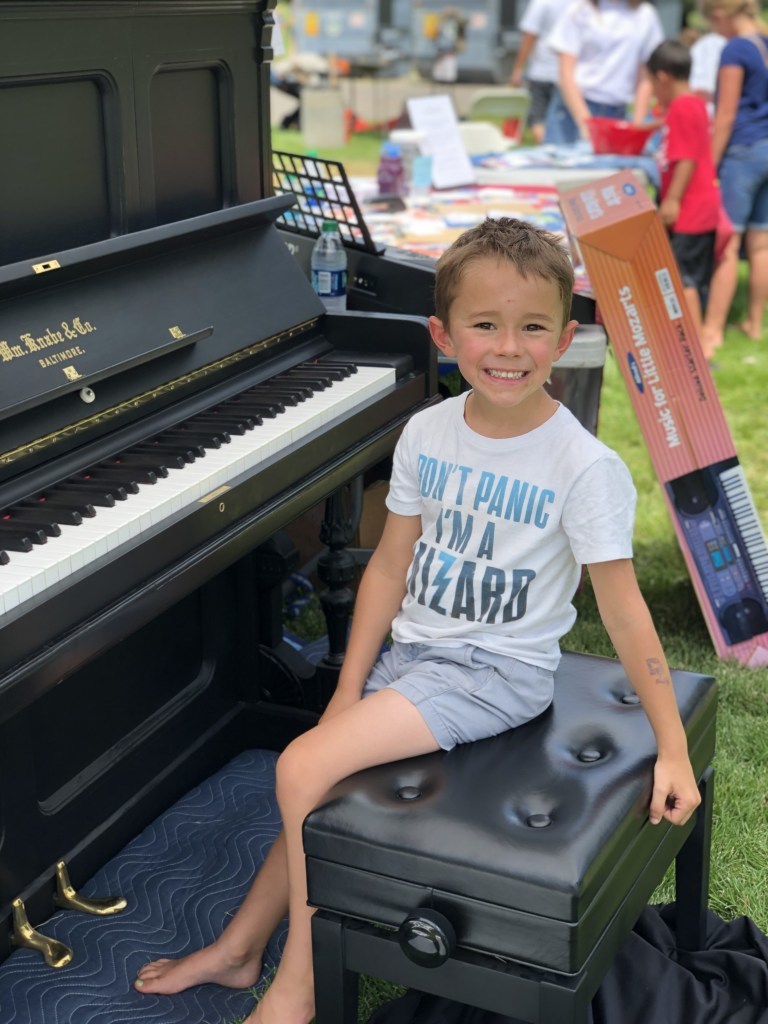There's a reason we practice piano: none of us learn playing pieces we can do perfectly the first time. The practice itself, however, can be tricky. Does just running through the piece work? When do we stop and fix harder spots? What counts as a "mistake" in the first place? Here are some suggestions about focus and positivity from Noa Kageyama, Juilliard faculty member and creator of The Bulletproof Musician.
Having a focus when we practice. Regardless of whether we're running through the whole piece or just a measure, knowing the one thing that matters most to us during that repetition can help guide our mind to be more accurate in that one thing and let us know when to stop and fix something. For example, let's say we're working on a piece by Beethoven and our teacher wants us to focus on dynamics. Perhaps we need to remind ourselves what the notes are first, so our first practice of a section of the piece will be looking ahead and aiming for the right notes. Let's say we got all the notes right. Then, we can choose another focus, this time dynamics. Our softs were soft enough, but our fortes were more medium-loud. So we go back and fix forte part to actually be forte. And how do we do that?
Fully recognize the problem and think about what needs to be done to fix it. We don't apologize for mistakes we've made in life without thinking about them first, and the same thing applies to piano: we have to fully recognize and feel what went wrong to know how to fix it. This implies being extra aware of ourselves when playing in the first place. Then, when we make a mistake, we analyze what happened: were we not looking ahead? do we know how the fingering feels? are we relaxed? Knowing what happened, now we can fix it. Going back to our example. let's say we weren't relaxed on playing Beethoven with made dynamics harder. Practicing that forte section relaxed can fix that. So we practice it relaxed and let's say it's mostly fixed, but could still be more solid, and we're a little nervous about not having it forte enough. What else can we try?
Imagine doing it correctly, especially as we approach tricky spots. If we focus on fear of getting something wrong, we'll probably still get it wrong because we're focused on the problem rather than the solution. If we focus on the solution and how it would feel to get it right, we're much more likely to achieve what we're aiming for. In our example of trying to play forte, we can practice first imagining ourselves playing a relaxed forte and then play it that way a few times until we feel the forte is solid. Then, we can go through the whole section mentally, imagining staying relaxed. Finally, we can play through the whole section, still expecting ourselves to play a relaxed forte (rather than being scared we won't get it right this time).
These tips help us increase our focus when practicing and establish a balance between constructive criticism and positivity. For more practice tips, check out this page!

